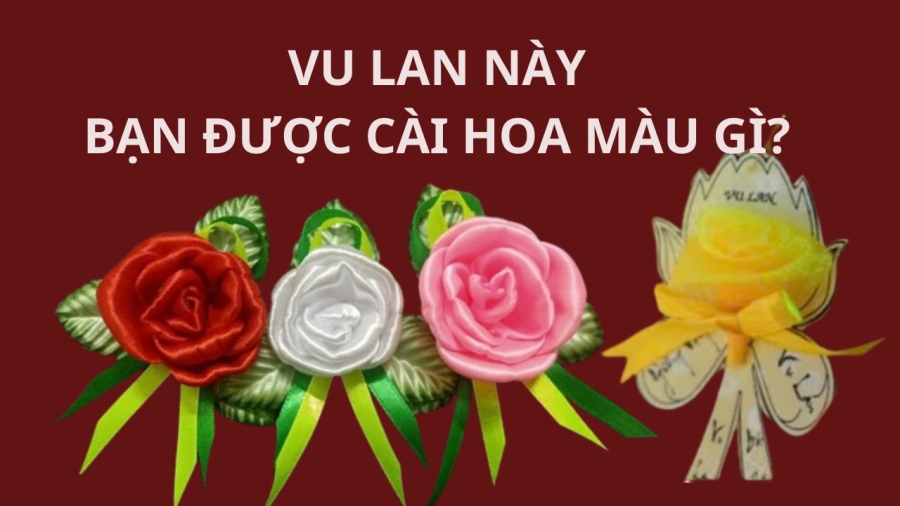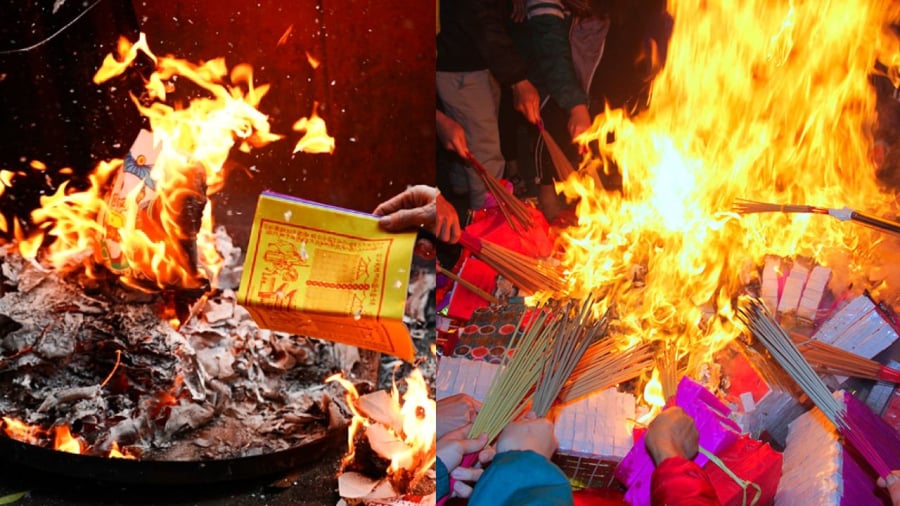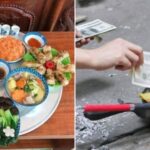Why Monthly Offerings Don’t Compare to the July Full Moon
The seventh month of the lunar calendar holds a special significance. The full moon of the seventh month is known as the Vu Lan Festival in Buddhism, a day dedicated to filial piety and honoring one’s ancestors. During this time, whether one’s parents are still living or have passed on, it is customary to reflect on their gratitude and perform acts of devotion. For those who have lost their parents, the Vu Lan ceremony is a poignant opportunity to remember them and dedicate merit to their memory.
In folk tradition, the full moon of the seventh month is also a time to absolve the sins of the departed and make offerings to the ten types of beings. It is believed that Yama, the god of the underworld, opens the gates of hell, allowing the souls of the deceased to return to the mortal realm. Thus, the rituals performed on this day go beyond ancestral worship and include offerings to wandering spirits and hungry ghosts. This tradition reflects a deep-rooted humanitarian spirit and a willingness to give alms to all sentient beings.

The July Full Moon: A Time for Ancestral Worship and Wandering Spirit Offerings
Superstition also holds that offerings made during this full moon can ward off bad luck brought on by wandering souls and hungry ghosts.
Thus, from a cultural and spiritual perspective, the July full moon holds a unique significance compared to other full moons throughout the year. This is why our ancestors placed such emphasis on the rituals and offerings made during this time.
Things to Keep in Mind for the July Full Moon
The importance of this full moon can sometimes lead to an overemphasis on ritual and formality, veering into superstition and extravagance. Some families may go overboard with lavish feasts and excessive burning of joss paper, believing that bigger and more extravagant offerings will bring good fortune and better honor their ancestors. However, such practices are discouraged today.

Avoid Excessive Burning of Joss Paper During the July Full Moon
Instead, it is recommended to offer simple vegetarian or modest meat-based dishes with sincerity and without waste. Reducing greed and attachment can help liberate oneself from negative karma. Similarly, the Buddhist Sangha in Vietnam has advised against the burning of joss paper, as it is detrimental to both the living and the dead. Excessive burning can be costly and even pose a fire hazard.
While releasing captive animals is a noble act, it is crucial to ensure that they are released into suitable environments where they can thrive. Avoid keeping them confined for extended periods as offerings, as this may weaken them and make them susceptible to illness or death upon release.
Emphasize performing good deeds and dedicating merit to your ancestors instead of focusing solely on lavish offerings and excessive burning of joss paper.
Ensure that your altar and home are clean and fragrant to counteract the gloom associated with the seventh lunar month, inviting peace and good fortune.
For reference and contemplation
Why Are Pink Roses the Official Flower of the Vu Lan Festival?
The donning of a rose during the Vu Lan festival is a symbolic gesture of gratitude and remembrance towards one’s parents, grandparents, and ancestors. It is a time-honored tradition where the rose serves as a physical emblem of love and respect, worn close to the heart as a reminder of the bond between generations.





































